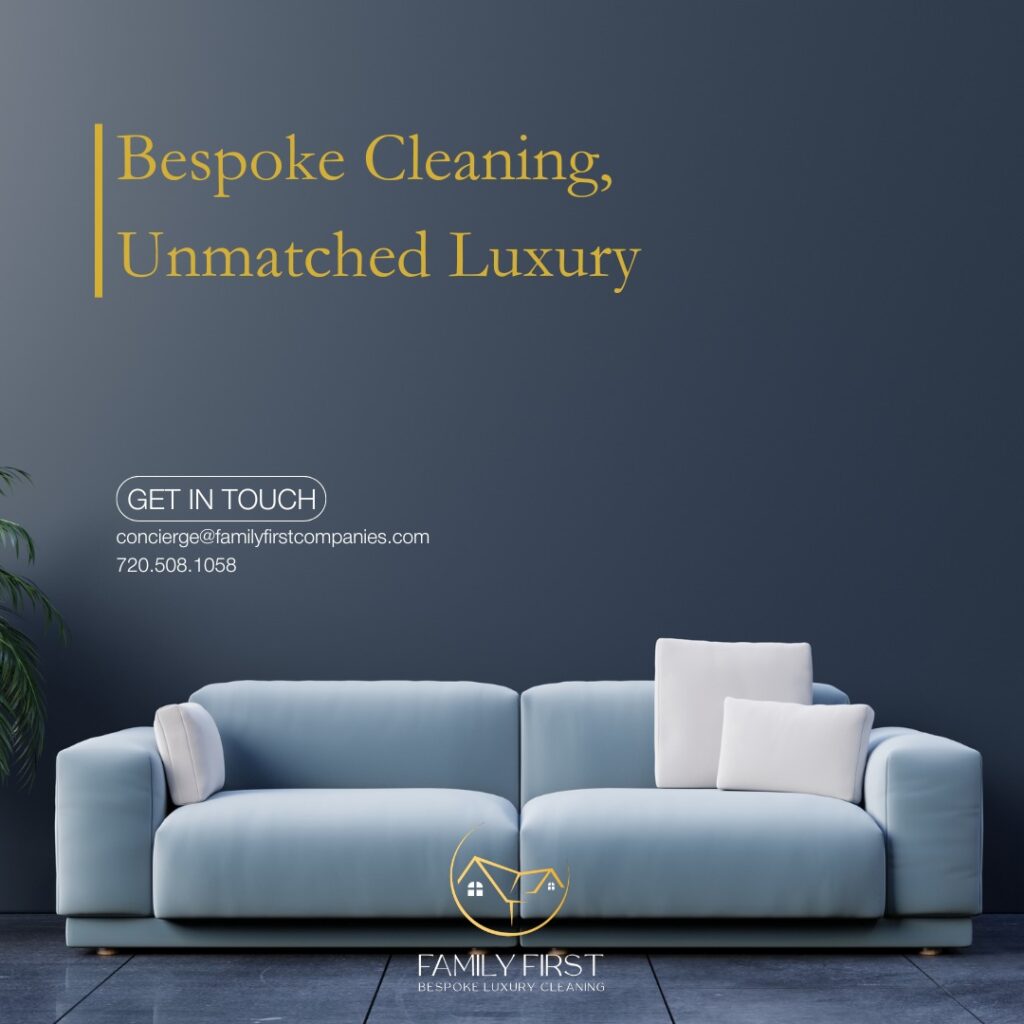Chrome is a popular material choice for its smooth, mirror-like finish and durability. But even chrome, with its protective properties, is not immune to rust, especially when the protective layer is damaged. In this guide, we’ll explore several effective methods to remove rust from chrome using common household items and store-bought products. We’ll also discuss tips for ongoing maintenance to keep your chrome surfaces rust-free for years to come.
For additional information on corrosion prevention, you can explore the University of Florida’s Corrosion Control Research.
Understanding Why Chrome Rusts
Chrome works as a shield against corrosion, but rust can still form when this protective layer is scratched, chipped, or otherwise damaged. Once the underlying metal is exposed, moisture and oxygen combine to cause rust spots, which appear as unsightly orange or brown patches. Preventative maintenance is key to preserving chrome’s shine, but if rust does appear, there are simple, effective ways to restore the surface.
Effective Methods to Get Rust Off Chrome
1. Aluminum Foil and Water
- Why it Works: Aluminum is softer than chrome, meaning it won’t scratch the surface, but it is still strong enough to remove rust. Water helps the aluminum glide smoothly over the chrome, aiding in rust removal.
- How to Use:
- Tear off a small sheet of aluminum foil, crumple it slightly, and dip it in water.
- Gently rub the aluminum foil over the rust spots. There’s no need to press hard, but in areas with heavy rust, you may need to apply a bit more pressure.
- As you rub, you’ll notice the rust starting to dissolve. Continue until all rust is removed.
- Wipe the surface with a dry cloth to remove any residue.
- Tip: This method is particularly effective for small chrome items or areas that don’t have deep rust spots.
2. Vinegar and Aluminum Foil
- Why it Works: Vinegar is acidic, which helps dissolve rust without damaging the chrome. When paired with aluminum foil, it becomes even more effective.
- How to Use:
- Spray undiluted vinegar on the rust spots or apply it using a cloth.
- Let the vinegar sit for about 10 minutes to penetrate the rust.
- Use aluminum foil dipped in water or vinegar to scrub the rusted areas.
- Rinse with water and wipe the surface with a clean, dry cloth.
- Tip: For tougher rust, you may need to repeat the process. Avoid using strong acids, as these can damage the chrome.
3. Cola and Aluminum Foil
- Why it Works: Cola contains phosphoric acid, which breaks down rust on contact. Combined with aluminum foil, it makes a powerful cleaning agent for rust.
- How to Use:
- Pour a small amount of cola onto the rusted area.
- Use a crumpled piece of aluminum foil to gently scrub the rust.
- After scrubbing, wipe off the sticky cola residue with a damp cloth and dry thoroughly.
- Tip: Be sure to clean any sticky residue left by the cola, as it can attract dust and dirt. This method works well for large rust spots on items like car bumpers or furniture.
4. Chrome Polish and Steel Wool
- Why it Works: Chrome polish is designed specifically for chrome surfaces and contains ingredients that help remove rust and prevent future corrosion.
- How to Use:
- Clean the chrome surface with soapy water to remove dirt and debris, then dry completely.
- Apply a small amount of chrome polish to the rusted area.
- Use the finest-grade steel wool (preferably #0000) to gently scrub the rust. Avoid pressing too hard, as it can scratch the surface.
- Wipe off any residue with a clean, soft cloth and buff the area to restore shine.
- Tip: For stubborn rust spots, add more polish as needed, and make sure the surface remains moist to prevent scratching.
Alternative DIY Solutions
1. Baking Soda Paste
- How it Works: Baking soda is a gentle abrasive that can help lift rust without damaging chrome.
- How to Use:
- Mix baking soda with a small amount of water to form a paste.
- Apply the paste to the rust spots and let it sit for about 15 minutes.
- Use a soft cloth or sponge to scrub the area, then rinse with water.
- Dry the chrome surface completely to prevent new rust from forming.
- Tip: This method is best for lightly rusted areas, as baking soda is a mild cleaner.
2. WD-40 or Light Oil
- How it Works: WD-40 or similar oils can penetrate rust and lift it from the surface of the chrome.
- How to Use:
- Spray WD-40 directly on the rusted area and let it sit for a few minutes.
- Use a soft cloth or a fine steel wool pad to scrub the rust.
- Wipe off any excess oil with a clean cloth.
- Tip: This method is great for chrome with intricate detailing, like bike chains, where rust can be hard to reach.
3. Lemon Juice and Salt
- How it Works: The acid in lemon juice breaks down rust, while salt acts as an abrasive to scrub it away.
- How to Use:
- Squeeze lemon juice over the rusted areas and sprinkle salt on top.
- Allow it to sit for about 10-15 minutes.
- Use a soft cloth or sponge to scrub away the rust, then rinse and dry thoroughly.
- Tip: This is a natural method that also leaves chrome smelling fresh, making it ideal for bathroom fixtures.
Aftercare: Preventing Future Rust on Chrome
To keep your chrome surfaces rust-free, follow these tips for long-term maintenance:
- Dry Thoroughly: After cleaning or exposure to moisture, always dry chrome completely. Water spots can contribute to rust over time.
- Apply a Protective Wax or Polish: Once the rust is removed, apply a layer of chrome polish or car wax to protect the surface from future damage. Polish creates a barrier that helps repel moisture and prevents rust from forming.
- Regular Maintenance: Wipe down chrome surfaces periodically, especially in humid environments like bathrooms, to remove any dust, dirt, or water spots.
- Avoid Abrasive Cleaners: Abrasive scrubs and harsh chemicals can damage the chrome finish, so it’s best to use mild cleaning agents and soft materials for regular cleaning.
Whether you’re dealing with a small rust spot on a bathroom fixture or more extensive rust on a car part, there are multiple solutions for how to get rust off chrome. Household items like aluminum foil, vinegar, baking soda, and cola offer accessible, cost-effective options, while commercial chrome polishes provide quick results for tougher jobs. By following the methods outlined above, you can restore your chrome items to their former shine. And remember, regular care and preventative steps are essential for keeping rust at bay.
For further assistance with rust removal or other household cleaning needs, consider reaching out to local professionals like Erie Cleaners.




